Keywords: Concern Australia
There are more than 200 results, only the first 200 are displayed here.
-
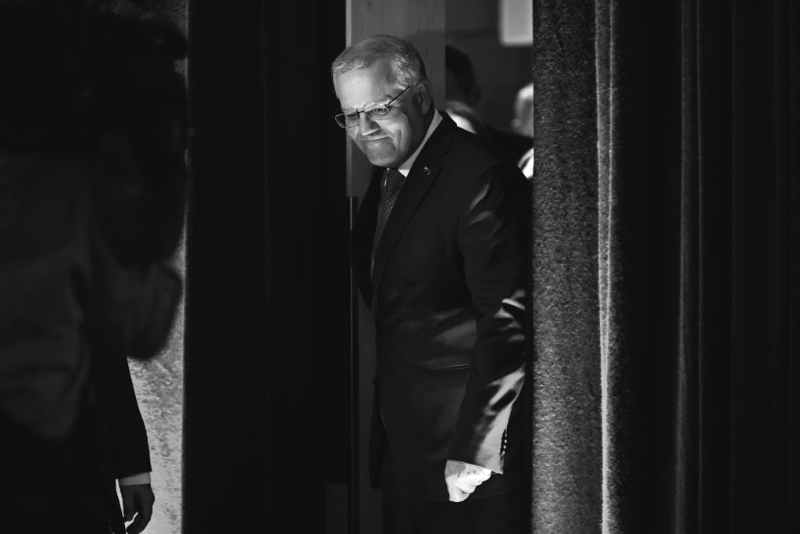
ENVIRONMENT
- Stephen Minas
- 09 June 2022
9 Comments
The Liberal wipeout in inner-city electorates is without precedent in Australian politics. For the Liberal Party, ‘existential crisis’ is not an overstatement. As the party founded by Robert Menzies finds itself in the hall of mirrors, climate policy should be a major focus of critical self-appraisal.
READ MORE 
-
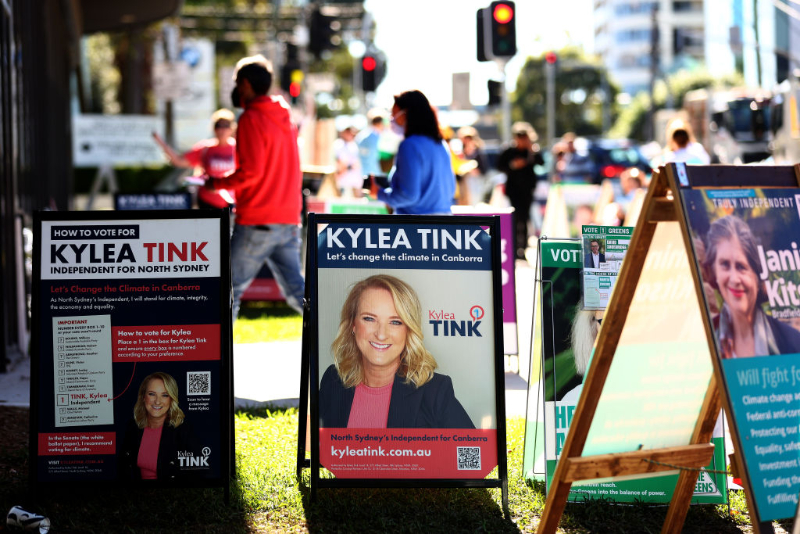
AUSTRALIA
- Binoy Kampmark
- 24 May 2022
11 Comments
The centre of the political system did not so much hold as desert. The vote was a furious, determined and tenacious shout from the estranged centre, a shivering of the timbers. The calibre of individuals elected — many from professions, many with public service outside the traditional party hierarchy of patronage and promotion, and most, women — has not been previously seen in this country’s politics.
READ MORE 
-
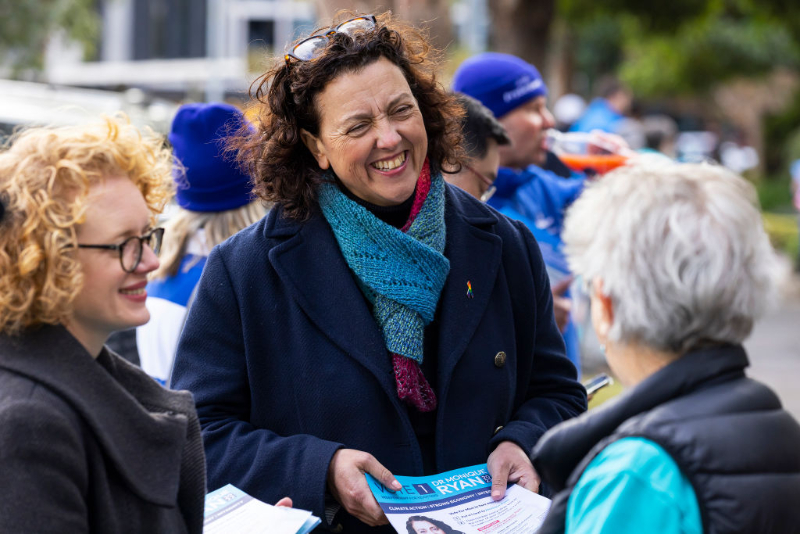
EDUCATION
- Chris Middleton
- 23 May 2022
7 Comments
Perhaps the most dramatic individual result of the Federal election was that Menzies’s seat, Kooyong, has fallen to a Teal independent, Dr Monique Ryan. Xavier College sits in the Kooyong electorate, and Dr Ryan is a parent at the College. Dr Ryan proved to be an impressive candidate who ran as a good a local campaign as I have ever seen. It was marked by a strong engagement by many locals, and especially among professional women, and older residents.
READ MORE 
-
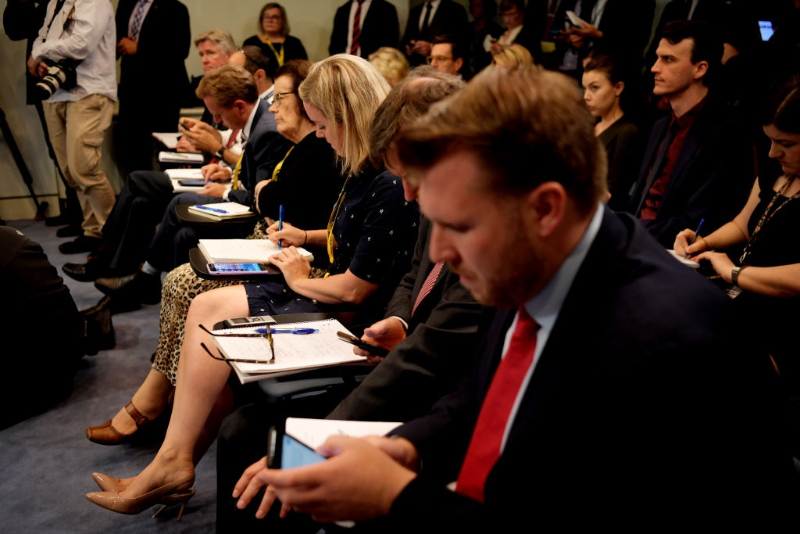
MEDIA
- Andrew Hamilton
- 19 May 2022
2 Comments
It is unfortunate that World Communications Day is celebrated in the middle of an election campaign. We have seen the worst of partisan media coverage, of shouting as a preferred form of communication, of endless experts promising Armageddon if the result is not to their taste. And yet we have also seen the best of media informing us of the issues that concern people in different parts of Australia. Without such public communication, for all its defects and excesses, our society would be the poorer.
READ MORE 
-
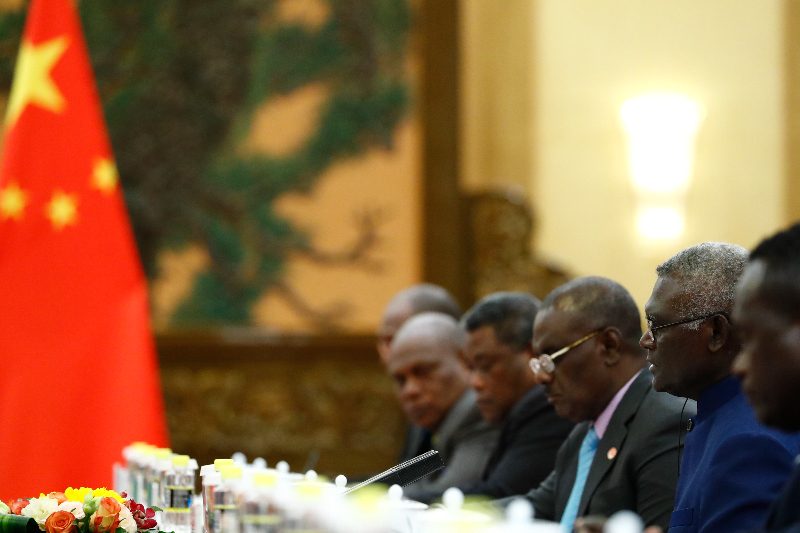
INTERNATIONAL
- Binoy Kampmark
- 10 May 2022
8 Comments
On May 3, the Prime Minister of the Solomon Islands, Manasseh Sogavare, vented his fury in parliament at ‘the continual demonstration of lack of trust by the concerned parties, and tacit warning of military intervention in Solomon Islands if their national interest is undermined in Solomon Islands.’ The targets of the speech — Australia and the United States — were clear enough.
READ MORE 
-
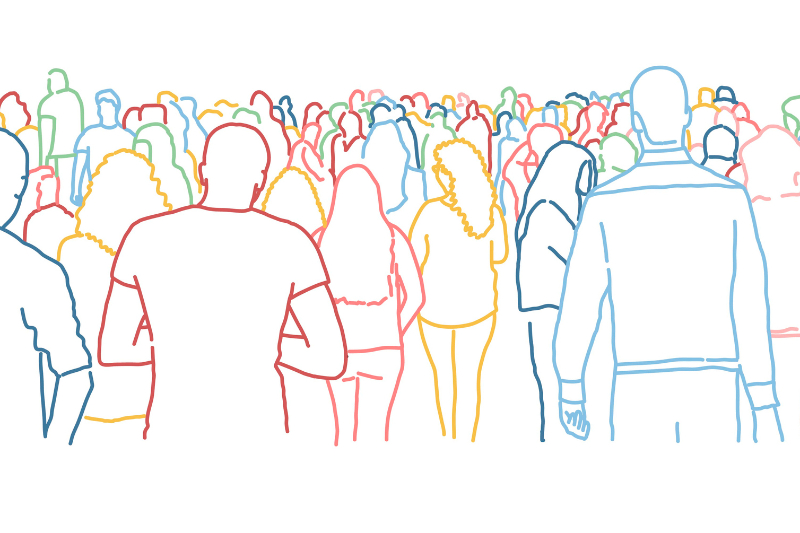
RELIGION
- John Warhurst
- 26 April 2022
22 Comments
The Church must speak up to be relevant, but those who seek to ‘speak for the church’ must be brave. They risk exposing themselves to claims of bias unless they stick to a very narrow agenda and speak in extremely measured terms. Yet if they are too bland they risk being irrelevant to the sharp end of political debate and their intervention becomes little more than a symbolic ritual.
READ MORE 
-
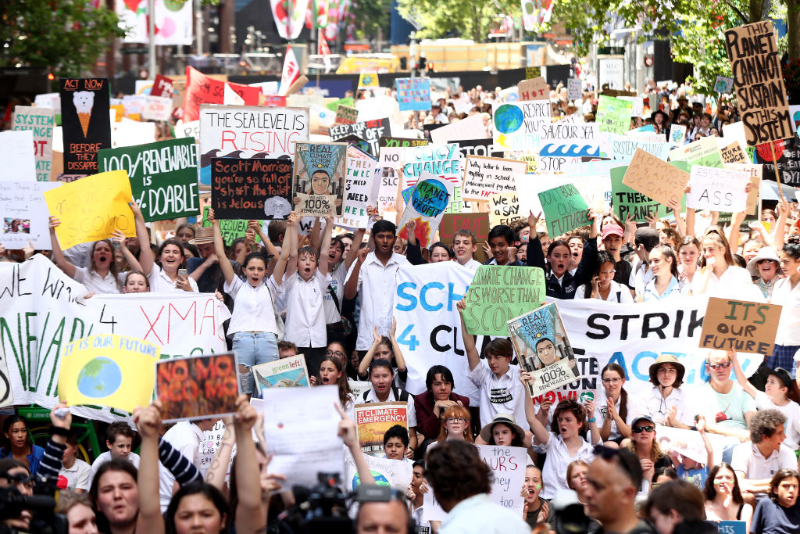
AUSTRALIA
- Binoy Kampmark
- 07 April 2022
10 Comments
The children have been busy. On matters of environmental justice, Australia has witnessed much legal activity from youthful citizens who, despite in some cases not being old enough to vote, have stirred politics. In 2021, five lodged complaints with the United Nations over the failure of the Australian government to cut, in a meaningful way, greenhouse gas emissions by 2030.
READ MORE 
-
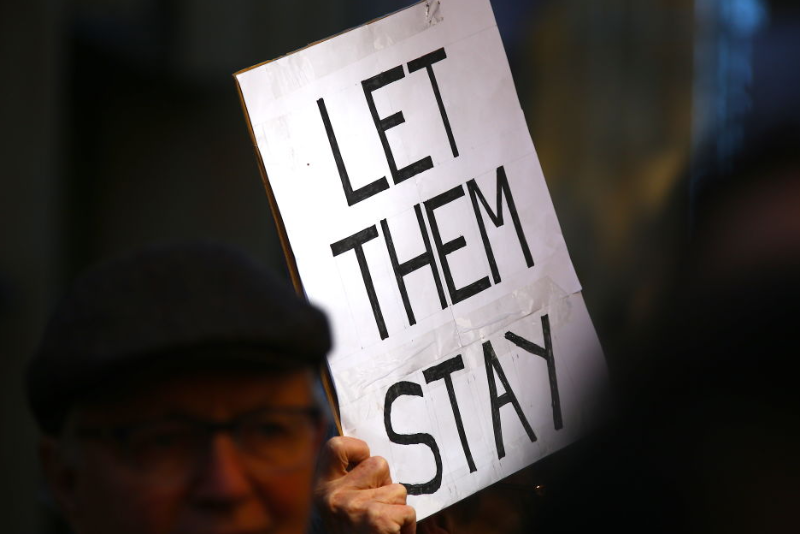
AUSTRALIA
- Kerry Murphy
- 05 April 2022
3 Comments
Recently the Government announced a special visa program for Ukrainians fleeing the war in their home country. The desperate situation in the Ukraine has dominated news for the last month, and already many tens of thousands of Ukrainians have fled their country seeking safety in nearby countries like Poland, Hungary and Rumania. Whilst Ukrainian migration to Australia is relatively small numerically, the response was quick and seemingly generous — a three-year visa with Medicare and work rights.
READ MORE 
-
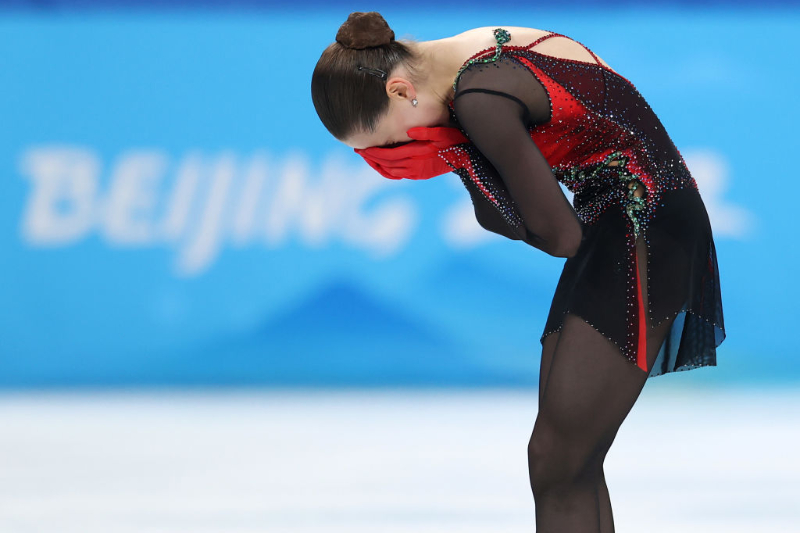
AUSTRALIA
- Binoy Kampmark
- 28 February 2022
7 Comments
For anybody surprised about those ‘marquee tent’ moments, as an ABC journalist crudely termed them, the Olympics is as much about torment as it is about achievement. The torment is very much reserved for the athlete, the achievement reserved for officialdom and media and spectator consumption.
READ MORE 
-
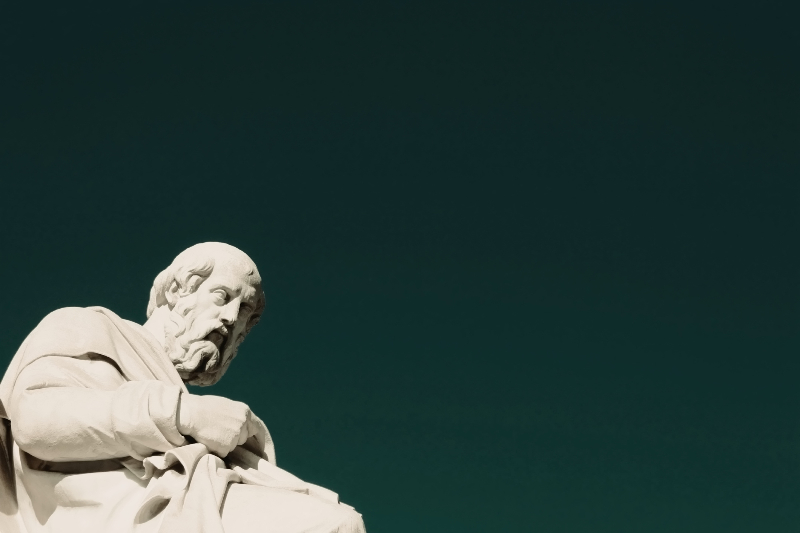
RELIGION
- Gerry O'Neill
- 17 February 2022
13 Comments
At a time when the Catholic Church is being invited to greater humility by the Plenary Council and greater synodality by Pope Francis it may be prudent to acknowledge both the richness and limitations of human knowing, especially when it comes to matters concerning ultimate reality.
READ MORE 
-
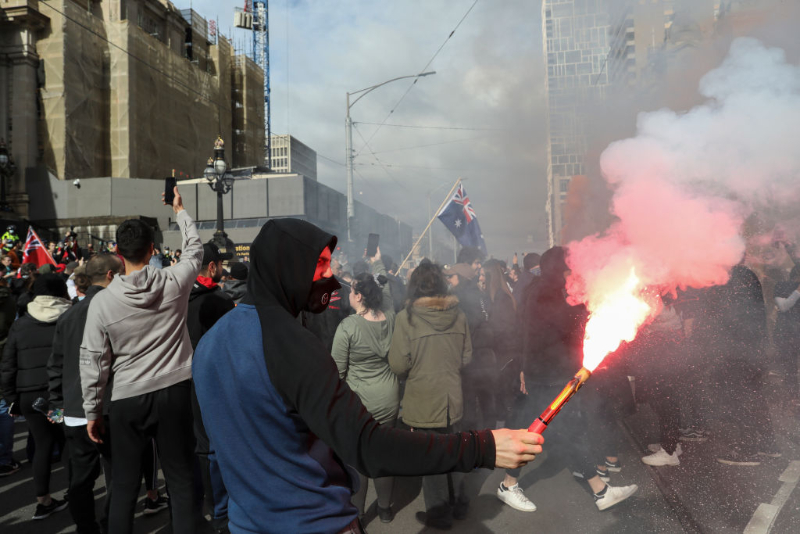
AUSTRALIA
- Ben Rich
- 17 February 2022
11 Comments
Today we see a resurgence of digital tribalism, a glorification of disingenuous engagement online and humiliating those of a different perspective. Everywhere we see simplistic and belligerent narratives of ‘us versus them’ over more nuanced explanations that might impart a greater sense of shared humanity and common purpose. So what happened?
READ MORE 
-
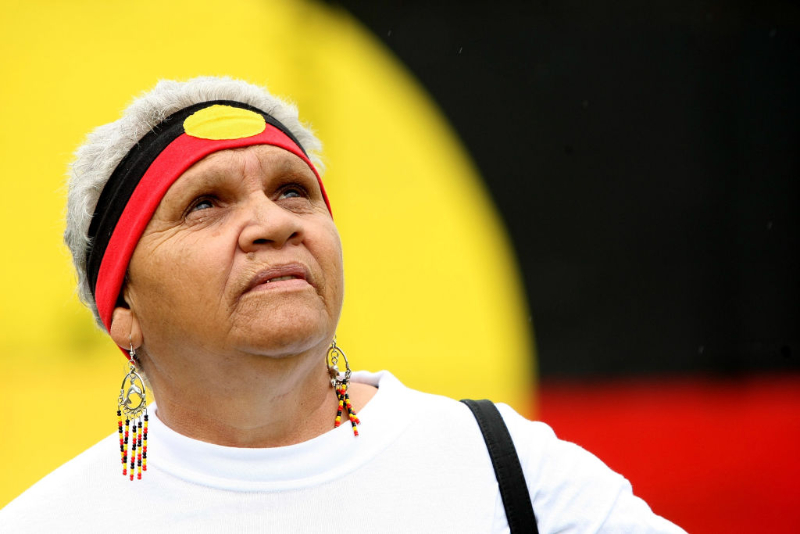
AUSTRALIA
- Andrew Hamilton
- 14 February 2022
6 Comments
The Apology by the representatives of Government was a landmark at the juncture of the road from the past and the path to the future. It defined the harm suffered by Indigenous Australians at the hands of governments obsessed by an ignorant and biased ideology. It also vindicated the Indigenous advocates who had long demanded an end to discriminatory attitudes and behaviour within non-Indigenous Australian society and its institutions.
READ MORE 